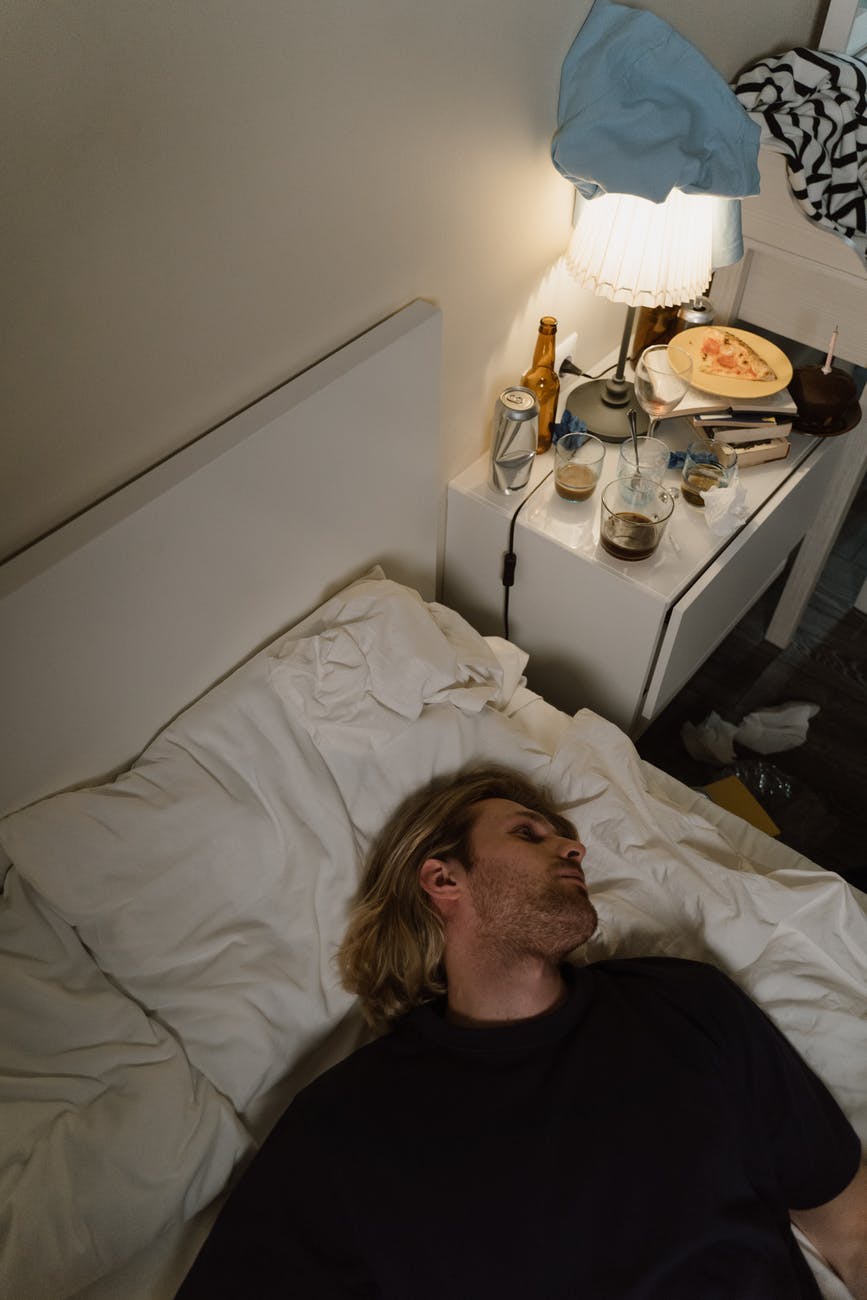In the 1995 movie Higher Learning, directed by John Singleton and based on a fictional university, a college freshman played by Michael Rappaport is befriended by a group of skinheads. In the course of the movie, it made sense. The Rappaport character had moved to Los Angeles from Idaho and was having a hard time adjusting. He was lonely and was looking for a group to bond with. Previous attempts led to social rejection and his isolation deepened. As he hung out with a group of white nationalists led by a character named Remy, he became more and more radicalized and isolated. By the end of the movie, he committed a mass shooting killing a number of students and injuring many more during a peace event held on campus. It was not racism that started his descent into violence, it was loneliness.
This movie is nearly 30 years old and has been on my mind recently as we are seeing more and more incidents of hate and political division. A number of members of the Patriot Front are arrested in Idaho while attempting to disrupt a Pride month event, the same group marches on the Freedom Trail in Boston and challenges people to a fight if they are challenged. A lonely kid who has been radicalized travels hundreds of miles to Buffalo, to El Paso, to Charleston to kill people at a Mall, at a Store, at a Church. A young male enters a school in Uvalde, Texas, and guns down 19 children. Thousands of people, mainly white men, descend on Washington D.C. to halt and change a federal election causing chaos. Time and time again we are seeing the results of what many are calling a Pandemic of Loneliness. And this pandemic is not only having a physical and mental impact on men but is leading to violence, radicalization, and political division. And it’s getting worse and I believe leading to many of the changing perceptions of voting fraud, racism, and crimes against the LGBTQ community.
And this issue is not a new one. In 2000, Robert Putnam released his groundbreaking book Bowling Alone. In the book, Putnam uses data on Bowling Leagues and other community gatherings to highlight the decline of community and thus less trust for each other or community identity. In the book, he posits that if you don’t know your neighbor, it is easier to make assumptions, create distrust, and build stereotypes. And data shows that this phenomenon is getting worse. A Cigna survey in 2018 found over 60% of adults considered themselves lonely with over 70% of males identifying with that. This data led columnist Billy Baker to write his now-famous essay on Loneliness and the American Male for the Boston Globe. In the article, he showed data that pointed to how loneliness is a leading cause of physical ailments like heart disease that lead to early death and it is a cause of anxiety and depression that leads to men being much more likely to complete suicide.
While all of these warning signs can be pretty alarming all by themselves there is also one other thing at play. The change in our society has led to a rise of even more isolation. If loneliness was an issue in the mid 2010’s the election of Donald Trump and the Covid-19 pandemic only lit a blowtorch to this issue. Trump’s election emboldened hate groups to recruit and welcome lonely men into their fold and led to events like the Charlottesville protests and January 6th. Add the pandemic, with more remote work and the growing isolation pandemic only grew. This leads to many men being targeted with hateful rhetoric. If you are lonely and the only one who reaches out is a racist, you can see how it can lead to a problem.
And social media and popular culture are not helping. This past season of Saturday Night Live featured a skit called Man Park. This skit showed men as pets left at home all day and with no social outlets until their partners come home and let them out at the part to socialize with other men. It reduces men and their need to socialize and grow. Look, I am not in the market for excusing male misogyny, hate, or racism. Just because you are lonely does not give you a right to commit a crime, hurt someone, or go online and berate others. It does not give us men permission to spread mistruths and conspiracy. But it may give us a roadmap on how to fix this.
Helping men, especially young men, to find social groups and help them get out from behind a computer screen and to a bowling league, a church service, or another social outlet can help men find a way to create social bonds, meet others who are from more diverse backgrounds and allow for an opportunity for less social isolation that leads to crime, health problems, and extremism. While we should never excuse extremism and hate, we do owe it to our families to understand this issue and to help men change for the better. This can lead to a safer and more just society and end groups like The Proud Boy and the Patriotic Front.
